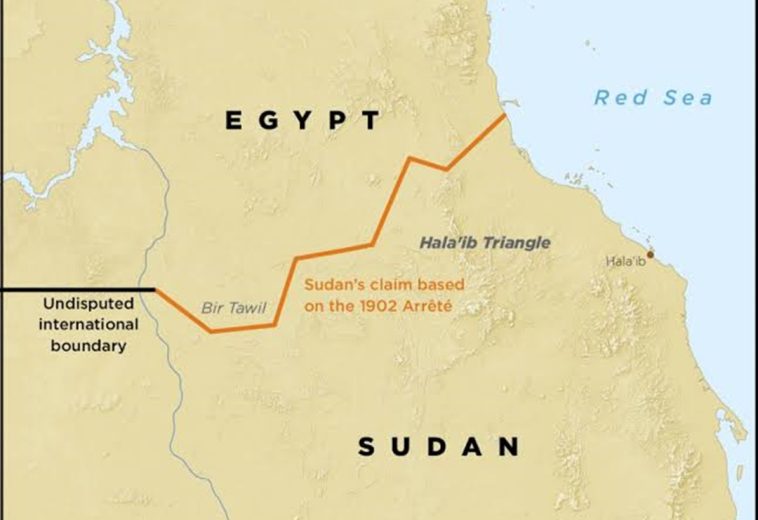Africa’s private sector is emerging as a powerful engine of economic development, driving job creation, innovation, and prosperity across the continent. Historically recognised as the cradle of humanity, Africa is now making significant strides towards becoming a global economic powerhouse. The rapid growth of small and medium-sized enterprises (SMEs), rising investment in infrastructure, and increased participation of women in business are reshaping the region’s economic narrative. However, to fully capitalise on this momentum, Africa must address critical challenges through strategic reforms and innovative solutions.
Impressive Growth Indicators of Africa’s Private Sector
Job Creation and Women Empowerment
The World Bank underscores the pivotal role of the private sector in fostering job creation. Between 2014 and 2023, over 19,000 jobs were created in Ethiopia’s industrial parks, with 66% of these positions occupied by young women. This statistic highlights the growing role of women in economic activities, showcasing how targeted initiatives can promote gender-inclusive growth.
READ ALSO: Job Creation in Africa: Government and Private Sector Efforts in Key Nations
MSME Financing in Nigeria
In Nigeria, $1.4 billion has been allocated to support 312,861 micro, small, and medium-sized enterprises (MSMEs). This financial commitment underlines the importance of grassroots entrepreneurship in driving sustainable economic development. As MSMEs account for a significant share of economic activity, enhancing access to finance is crucial for their continued growth.
Broader Financial Support for African SMEs
On a continental scale, the International Finance Corporation (IFC) facilitated 2.9 million loans annually for MSMEs, strengthening the financial ecosystem for small businesses. Since SMEs form the backbone of African economies, such financing initiatives are essential for broad-based economic progress.
Major Challenges Hindering Africa’s Private Sector Growth
Infrastructure Deficit
One of the most pressing challenges facing Africa’s private sector is its infrastructure deficit. According to the African Development Bank (AfDB), the continent needs between $130 and $170 billion annually for infrastructure development, yet faces a $100 billion funding gap every year. Poor infrastructure hampers business operations, limits investment potential, and increases production costs.
Insufficient Investment for Sustainable Development Goals (SDGs)
The World Bank reports that Sub-Saharan Africa needs to invest 7.1% of its GDP annually to meet the Sustainable Development Goals. However, current investment levels are at just 3.5%, indicating a substantial shortfall. Bridging this gap requires enhanced collaboration between the public and private sectors, as well as international financial institutions.
Innovative Solutions for Accelerating Private Sector Growth
Public-Private Partnerships (PPPs)
To address the infrastructure deficit, African governments should prioritise public-private partnerships (PPPs). The IFC has played a critical role in structuring successful PPPs across the continent, helping attract private capital for large-scale infrastructure projects.
In FY24, the IFC mobilised $22.5 billion in funding, a 50% increase from the previous year. This remarkable growth was achieved using over 30 innovative financial tools designed to attract and manage investments effectively.
Enhanced MSME Support
Improving access to finance for MSMEs is vital. Policymakers should introduce initiatives such as:
Simplifying loan application processes
Offering credit guarantees
Providing targeted financial literacy programmes for entrepreneurs
These measures will help small businesses thrive and contribute more effectively to national economies.
Promoting Innovation and Technology
Investment in technology and innovation can significantly boost productivity and competitiveness. African leaders should:
Incentivise research and development (R&D) in key sectors
Foster tech-driven solutions to local challenges
Create innovation hubs that encourage collaboration between entrepreneurs, academia, and investors
Policy Recommendations for African Leaders
Prioritising Infrastructure Development – Governments must develop policies that attract private investment in both physical and digital infrastructure. Improved infrastructure will enhance logistics, reduce production costs, and facilitate business growth.
Strengthening Regulatory Frameworks – A predictable regulatory environment is essential for attracting investment. Simplifying business registration processes and reducing bureaucratic red tape will improve the ease of doing business.
Empowering Women and Youth in Business – Tailored programmes aimed at increasing the participation of women and youth in business can create a more inclusive economy. Providing mentorship, access to finance, and training opportunities will help cultivate the next generation of entrepreneurs.
Enhancing Access to Regional Markets – Through regional integration initiatives such as the African Continental Free Trade Area (AfCFTA), African businesses can gain access to larger markets. Policymakers should work to eliminate trade barriers and standardise regulations across borders.
As Africa’s private sector continues to gain momentum, it presents a unique opportunity for sustained economic growth and poverty alleviation. While challenges such as infrastructure deficits and insufficient investment remain, the continent can overcome these hurdles through decisive leadership, innovative solutions, and effective collaboration between the public and private sectors.
The future of Africa’s economy lies in the strength of its private sector. By fostering an environment conducive to business growth, African leaders can turn potential into reality, driving prosperity and shared development across the region.




